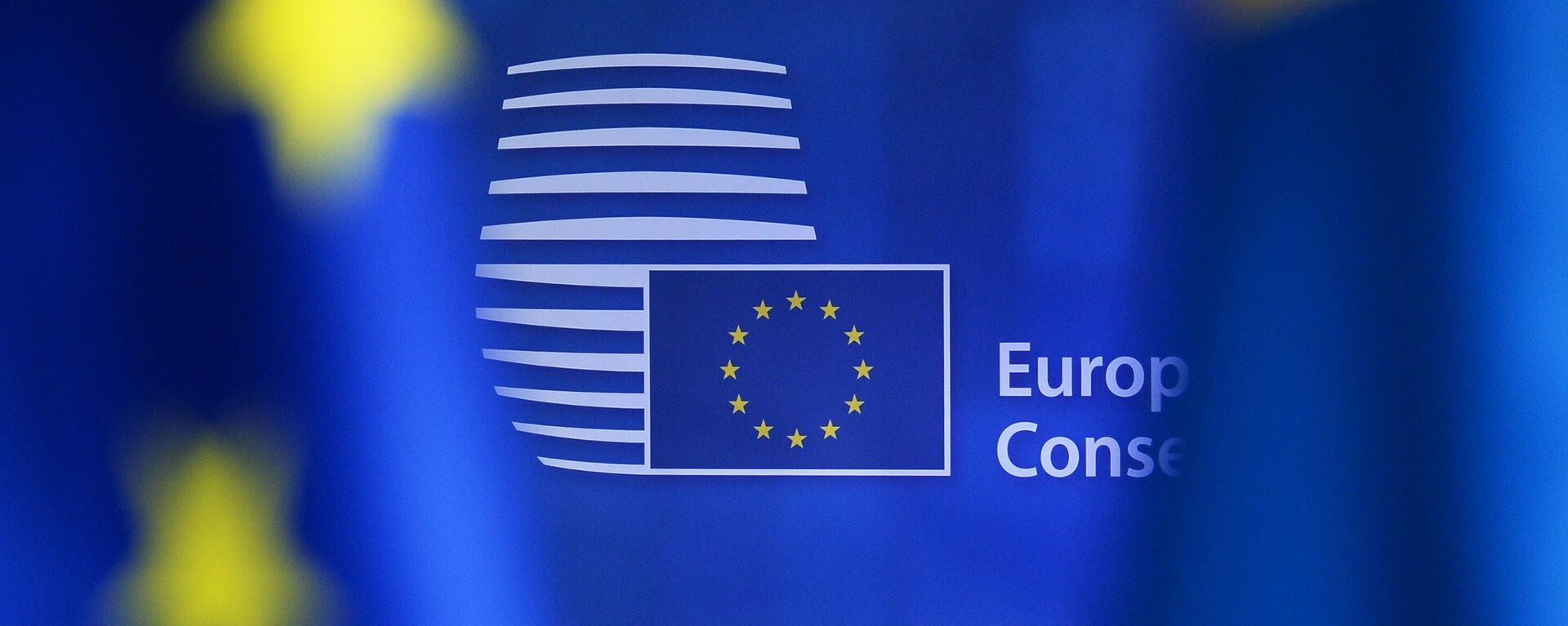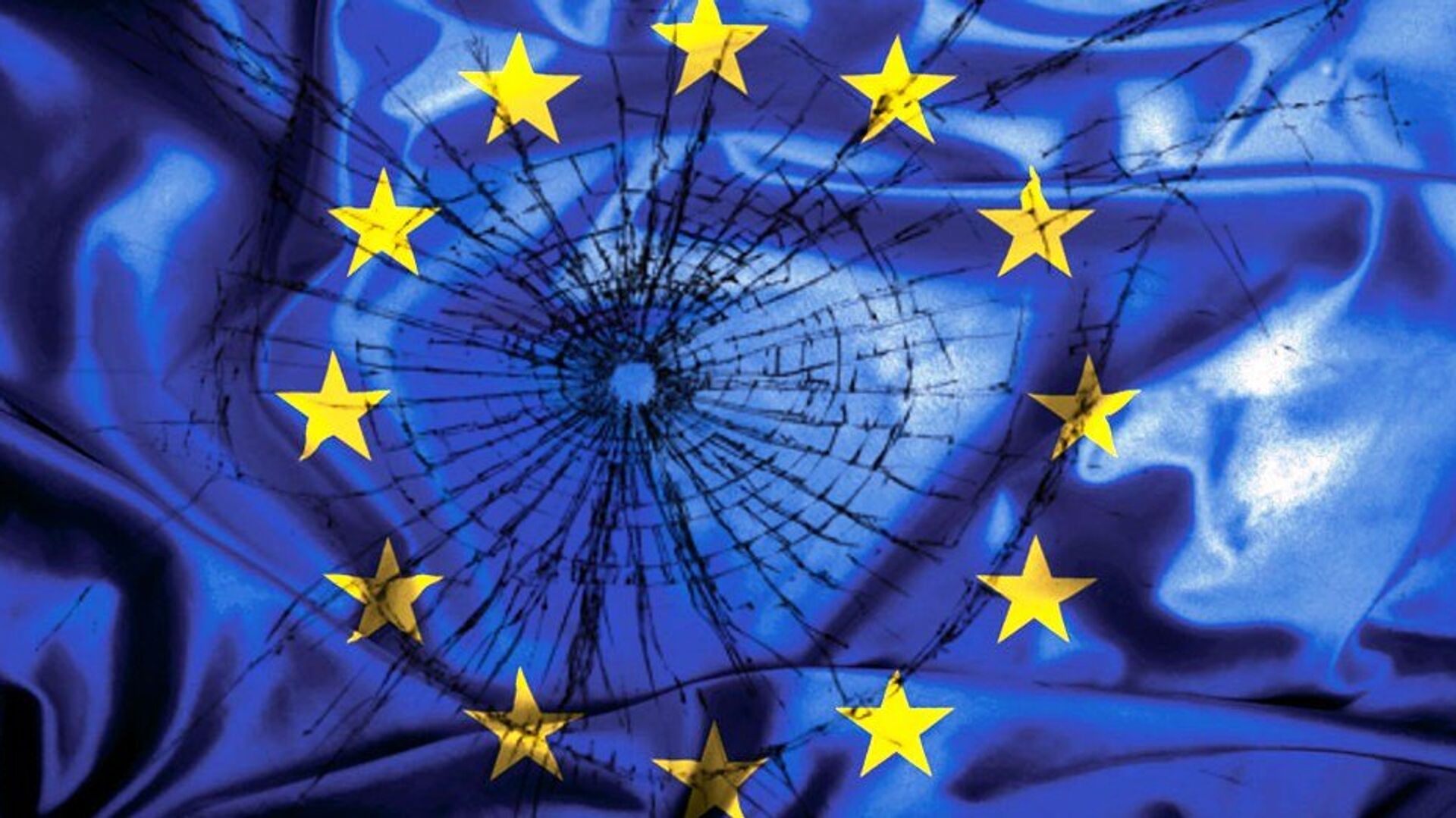https://sputnikglobe.com/20230906/new-eu-digital-laws-seek-to-bust-gatekeeper-tactics-of-tech-giants-1113154860.html
New EU Digital Laws Seek to Bust 'Gatekeeper' Tactics of Tech Giants
New EU Digital Laws Seek to Bust 'Gatekeeper' Tactics of Tech Giants
Sputnik International
The European Union has unveiled a second batch of laws aimed at curbing the power of major technology companies, with a focus on ending monopolistic practices that leave consumers with few choices and even less power.
2023-09-06T16:31+0000
2023-09-06T16:31+0000
2023-09-06T19:27+0000
world
european union (eu)
tech giants
monopoly
regulation
https://cdn1.img.sputnikglobe.com/img/104055/81/1040558180_20:0:982:541_1920x0_80_0_0_79def0609d7a886c5611a72c7d86e3a5.jpg
The package of laws is collectively called the Digital Markets Act (DMA) and is intended as a companion to the Digital Services Act (DSA) that was implemented late last month.The DMA names six "gatekeeper" companies the European Commission says impose "unfair conditions on businesses and end users and at ensuring the openness of important digital services." The companies are: Meta*, the owners of Facebook, Instagram, and WhatsApp; Alphabet, the owners of Google; Bytedance, the owners of TikTok; Microsoft, Apple, and Amazon. In addition, Samsung narrowly avoided inclusion, but the EC notes this could change as the designation is subject to review.The EC has given the "gatekeepers" six months to comply with a list of “dos and don’ts” the EC says will result in the companies "offering more choice and more freedom to end users and business users of the gatekeepers' services." Failure to comply will result in fines that will begin with 10% of the company's total worldwide turnover and could escalate to 20% "in case of repeated infringement."An EU official told UK media that the DMA would be good for both consumers and for smaller tech firms that face steep barriers to reaching users in markets already dominated by the "gatekeeper" companies.Some of the Dos include allowing third parties to inter-operate with the gatekeeper’s services in certain situations; allowing business users to access the data that they generate by using the gatekeeper’s platforms; providing relevant tools and information to advertising and publishing companies sufficient to independently verify their advertisements on the gatekeepers’ platform; and allowing business users to promote their offer and conclude contracts with their customers outside the gatekeeper’s platform.The practices on the Don'ts list include giving their own services and products favorable ranking over third parties’ products; preventing consumers from linking up to businesses outside their platforms; preventing users from uninstalling pre-installed software or app; and tracking end users without their consent off of the gatekeepers' core platform service for the purpose of targeted advertising.These efforts follow the DSA last month, which focused on regulating online content and has generated far more controversy, including accusations of censorship. The Act claims to curb online hate, child sexual abuse and disinformation and imposes similarly stiff fines on tech firms for failing to comply with its stipulations.However, the EU has shown that it defines "disinformation" as websites and news services on which users can find information and perspectives with which European bureaucrats disagree, resulting in the banning of Russian news agencies like RT and Sputnik from reaching EU would-be readers.*Meta is banned in the Russian Federation for extremist activities
https://sputnikglobe.com/20230823/erosion-of-our-privacy-giving-biometric-data-to-tech-firms-cant-enhance-security-1112829772.html
https://sputnikglobe.com/20230829/eu-budget-battle-shows-euroscepticism-and-ukraine-fatigue-rising-1112971757.html
Sputnik International
feedback@sputniknews.com
+74956456601
MIA „Rossiya Segodnya“
2023
News
en_EN
Sputnik International
feedback@sputniknews.com
+74956456601
MIA „Rossiya Segodnya“
Sputnik International
feedback@sputniknews.com
+74956456601
MIA „Rossiya Segodnya“
digital marketing act; european commission; tech giants; google; meta; bytedance
digital marketing act; european commission; tech giants; google; meta; bytedance
New EU Digital Laws Seek to Bust 'Gatekeeper' Tactics of Tech Giants
16:31 GMT 06.09.2023 (Updated: 19:27 GMT 06.09.2023) The European Union has unveiled a second batch of laws aimed at curbing the power of major technology companies, with a focus on ending monopolistic practices that leave consumers with few choices and even less power.
The package of laws is collectively called the Digital Markets Act (DMA) and is intended as a companion to the Digital Services Act (DSA) that was
implemented late last month.
The DMA names six "gatekeeper" companies the
European Commission says impose "unfair conditions on businesses and end users and at ensuring the openness of important digital services." The companies are:
Meta*, the owners of Facebook, Instagram, and WhatsApp;
Alphabet, the owners of Google;
Bytedance, the owners of TikTok;
Microsoft,
Apple, and
Amazon. In addition, Samsung narrowly avoided inclusion, but the EC notes this could change as the designation is subject to review.
The EC has given the "gatekeepers" six months to comply with
a list of “dos and don’ts” the EC says will result in the companies "offering more choice and more freedom to end users and business users of the gatekeepers' services." Failure to comply will result in fines that will begin with 10% of the company's total worldwide turnover and could escalate to 20% "in case of repeated infringement."
"In case of systematic infringements, the Commission is also empowered to adopt additional remedies such as obliging a gatekeeper to sell a business or parts of it or banning the gatekeeper from acquisitions of additional services related to the systemic non-compliance," the news release adds.
An EU official told UK media that the DMA would be good for both consumers and for smaller tech firms that face steep barriers to reaching users in markets already dominated by the "gatekeeper" companies.

23 August 2023, 21:38 GMT
"For example, now when a consumer sees an app doesn’t do well on their phone, they think immediately it is the app that is not really good," the official explained. "Very often it is not because the challenger app is bad but because the interoperability is missing because it is in the interest of the gatekeeper to make sure the experience is not the same."
Some of the Dos include allowing third parties to inter-operate with the gatekeeper’s services in certain situations; allowing business users to access the data that they generate by using the gatekeeper’s platforms; providing relevant tools and information to advertising and publishing companies sufficient to independently verify their advertisements on the gatekeepers’ platform; and allowing business users to promote their offer and conclude contracts with their customers outside the gatekeeper’s platform.
The practices on the Don'ts list include giving their own services and products favorable ranking over third parties’ products; preventing consumers from linking up to businesses outside their platforms; preventing users from uninstalling pre-installed software or app; and tracking end users without their consent off of the gatekeepers' core platform service for the purpose of targeted advertising.

29 August 2023, 18:58 GMT
The law also targets specific services offered by companies, including: WhatsApp, Facebook Messenger, TikTok, Facebook, Amazon, Google, Chrome, Safari, Google Maps, Google Pay and Google Shopping. The list originally included Gmail and Outlook as well, but these were removed from the final law following petitions by Alphabet and Microsoft.
These efforts follow the DSA last month, which focused on regulating online content and has generated far more controversy, including
accusations of censorship. The Act claims to curb online hate, child sexual abuse and
disinformation and imposes similarly stiff fines on tech firms for failing to comply with its stipulations.
However, the EU has shown that it defines "disinformation" as websites and news services on which users can find information and perspectives with which European bureaucrats disagree, resulting in the
banning of Russian news agencies like RT and Sputnik from reaching EU would-be readers.
*Meta is banned in the Russian Federation for extremist activities




